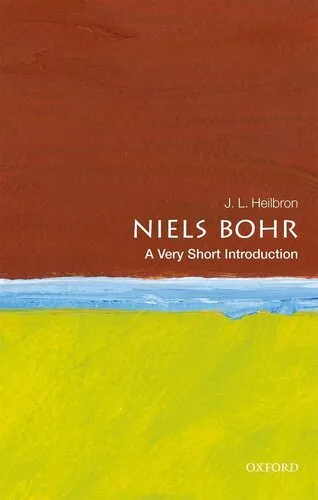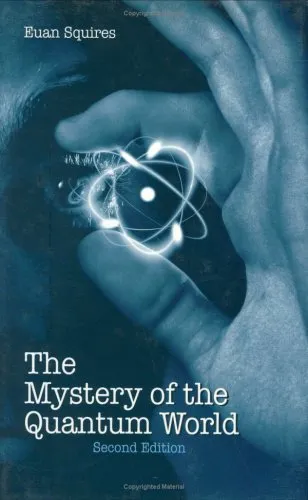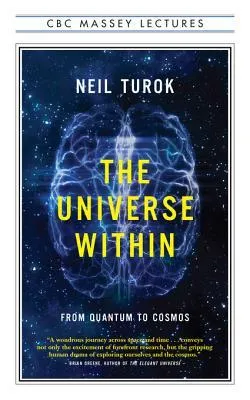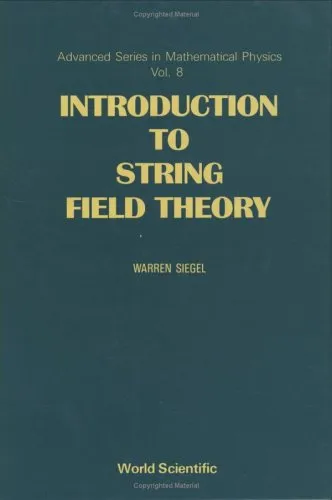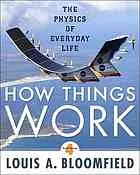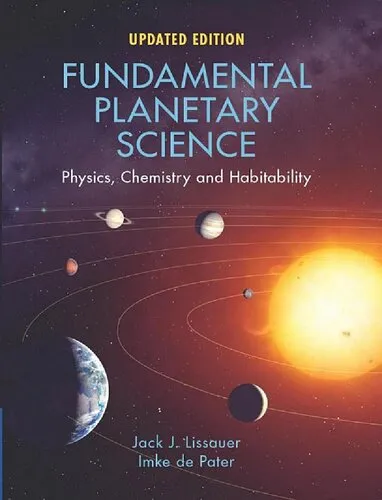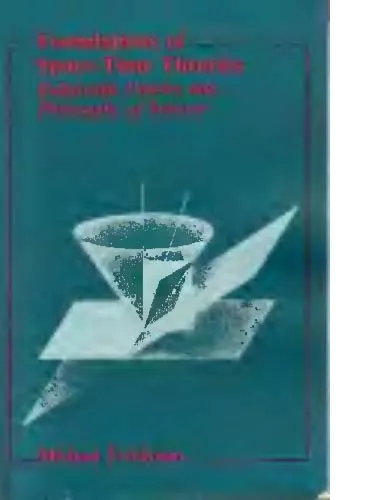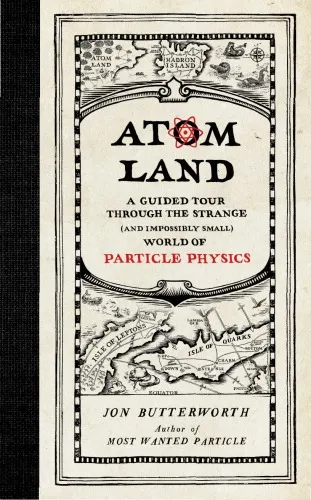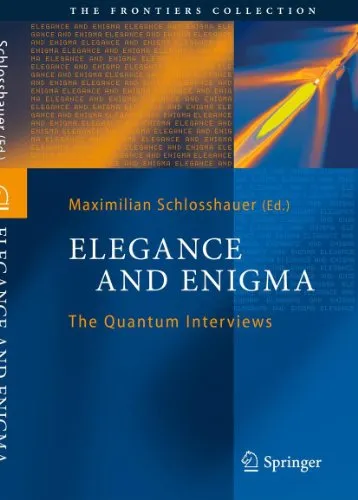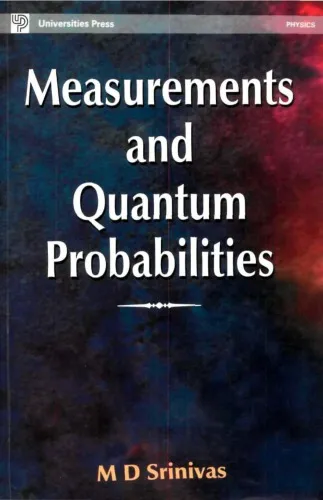Niels Bohr: A Very Short Introduction (Very Short Introductions)
4.3
Reviews from our users

You Can Ask your questions from this book's AI after Login
Each download or ask from book AI costs 2 points. To earn more free points, please visit the Points Guide Page and complete some valuable actions.Related Refrences:
Introduction to "Niels Bohr: A Very Short Introduction"
The name Niels Bohr resonates deeply within the annals of science and history, synonymous with groundbreaking discoveries in quantum mechanics and an indefatigable quest to comprehend the nature of reality. In "Niels Bohr: A Very Short Introduction," author J. L. Heilbron offers readers an incisive and accessible exploration of Bohr’s life, ideas, and enduring impact on modern science and philosophy. This book, part of Oxford University Press's acclaimed "Very Short Introductions" series, is a compact yet profound study that succinctly captures the essence of Bohr’s intellect and the broader implications of his work.
From his foundational contributions to quantum theory to his nuanced perspectives on science and society, this volume delves into every facet that made Bohr a towering figure in the 20th century. Whether readers are new to Bohr's work or seasoned academics seeking a concise reference, this book is an invaluable resource that illuminates a complex life steeped in curiosity and intellectual boldness.
Detailed Summary of the Book
The book unfolds in a logical and thematic manner, presenting Niels Bohr’s contributions in both their scientific and historical contexts. J. L. Heilbron begins by painting a vivid portrait of Bohr’s early life in Copenhagen, Denmark, a city at the heart of his identity throughout his career. Readers are introduced to his academic upbringing—his encounter with classical physics and mathematics setting the foundation for his future struggles with advancing beyond their limitations.
The narrative transitions seamlessly into Bohr’s revolutionary work on atomic structure. Heilbron explains Bohr’s model of the atom, with electrons orbiting the nucleus in quantized states, and how this groundbreaking idea bridged classical Newtonian physics with the emerging quantum framework. Through clear and engaging prose, Bohr's profound theoretical contributions, such as complementarity and the Copenhagen interpretation of quantum mechanics, are explored, highlighting their philosophical implications and controversial receptions.
Moving beyond science, the book delves into Bohr’s personal life, his role during critical moments in history, including World War II, and his efforts in promoting peaceful applications of atomic energy. Readers gain insight into his personality, marked by humility and a collaborative spirit, as well as his struggles to balance political responsibilities with his devotion to scientific inquiry.
Throughout the book, Heilbron captures not only Bohr’s intellect but also the human aspects of his life: the relationships that shaped him, the dilemmas he faced as a physicist in troubling times, and his perspective on the intertwining of science, ethics, and society. For readers, this creates an all-encompassing portrayal of a man whose legacy extends far beyond laboratory walls.
Key Takeaways
- Niels Bohr was instrumental in the development of quantum mechanics, laying the foundation for modern atomic physics.
- The principle of complementarity, one of Bohr’s greatest philosophical contributions, remains central to understanding quantum phenomena.
- Bohr played a pivotal role in fostering international scientific collaboration and promoting ethical discussions surrounding the use of atomic energy.
- His approach to science combined pragmatism with philosophical depth, influencing not only physics but also fields like philosophy and epistemology.
- Bohr’s legacy is that of a thinker who bridged divides—between classical and quantum physics, science and philosophy, and theory and application.
Famous Quotes from the Book
"A physicist is just an atom's way of looking at itself."
"Every great and deep difficulty bears in itself its own solution. It forces us to change our thinking in order to find it."
"The opposite of a fact is falsehood, but the opposite of one profound truth may very well be another profound truth."
These quotes reflect the depth of Bohr’s thinking and his ability to traverse the boundaries of science and philosophy, offering lessons that resonate even today.
Why This Book Matters
The importance of "Niels Bohr: A Very Short Introduction" lies in its ability to bring not just clarity but also relevance to Bohr’s multifaceted legacy. It matters because it distills complex ideas into an easy-to-read narrative while still respecting their nuance and depth. Heilbron's engaging style ensures that readers from diverse backgrounds—students, historians, scientists, or general enthusiasts—can appreciate Bohr’s contributions and the far-reaching implications of his work.
Moreover, in a world where the intersection of science and societal concerns has never been more critical, Bohr’s example of scientific responsibility and his advocacy for ethical discourse provide timeless lessons. Heilbron’s concise yet comprehensive analysis ensures that Bohr’s ideas and moral integrity are not relegated to the past but serve as guiding principles for future generations.
Niels Bohr: A Very Short Introduction is much more than a biography or a science primer—it is a testament to the life and legacy of a thinker who forever altered how humanity understands itself and the universe.
Free Direct Download
You Can Download this book after Login
Accessing books through legal platforms and public libraries not only supports the rights of authors and publishers but also contributes to the sustainability of reading culture. Before downloading, please take a moment to consider these options.
Find this book on other platforms:
WorldCat helps you find books in libraries worldwide.
See ratings, reviews, and discussions on Goodreads.
Find and buy rare or used books on AbeBooks.
1373
بازدید4.3
امتیاز0
نظر98%
رضایتReviews:
4.3
Based on 0 users review
Questions & Answers
Ask questions about this book or help others by answering
No questions yet. Be the first to ask!
